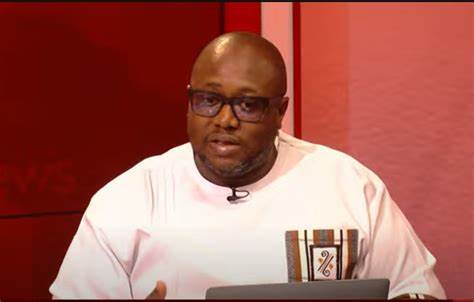The Director of Programmes and Policy Engagement at the Centre for Democratic Development (CDD-Ghana), Dr Kojo Pumpuni Asante, believes the Supreme Court must desist from sitting on some political cases.
According to him, if the apex court continuously adjudicates political matters, it might affect the principle of checks and balances, as the court will constantly be involved in politics.
Speaking on JoyNews’ Newsfile on Saturday, he suggested that in instances where politicians disagree on matters, they should refer the case to other institutions rather than letting the court sit on it.
“Generally, increasingly and particularly around election matters, there is this discretion that the Chief Justice has in empanelling. It has created a lot of perception around bias and independence of the court and so on and so forth.
“I think sometimes, there are cases that the Supreme Court should not be dealing with. These are political matters that probably need to stay in Parliament or other places because the more you take on these cases, anytime you take a decision, one person loses,” he said.
Dr Pumpuni added that the court must also find legal backing to decline sitting on some cases.
“There are cases where the Supreme Court can decline on the basis of law not just on wimp. Because when you encourage it, if politicians can’t resolve their matter, everything they are bringing it to your court.
“You turn the court into an extension of [Parliament] and then your checks and balances become a problem,” he stressed.
Additionally, he said in most African countries, there are always disputes after every election, which means the apex court will always be presiding over political matters all year round if not managed.
“We have to look at the legal arrangement that you are making to limit and mitigate that problem. Otherwise, if you look across West Africa now every election there is election adjudication and it is rampant. So it is not even the results that are being contested,” he added.
Credit-





































